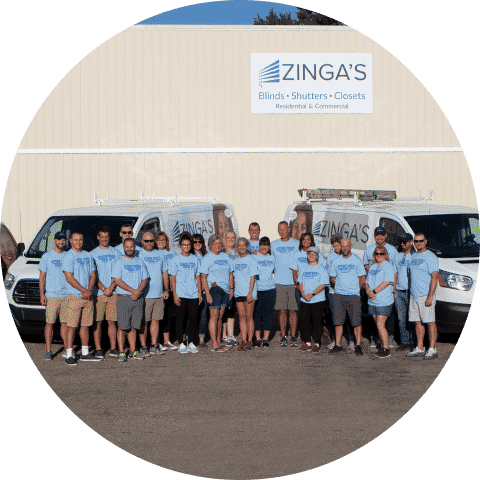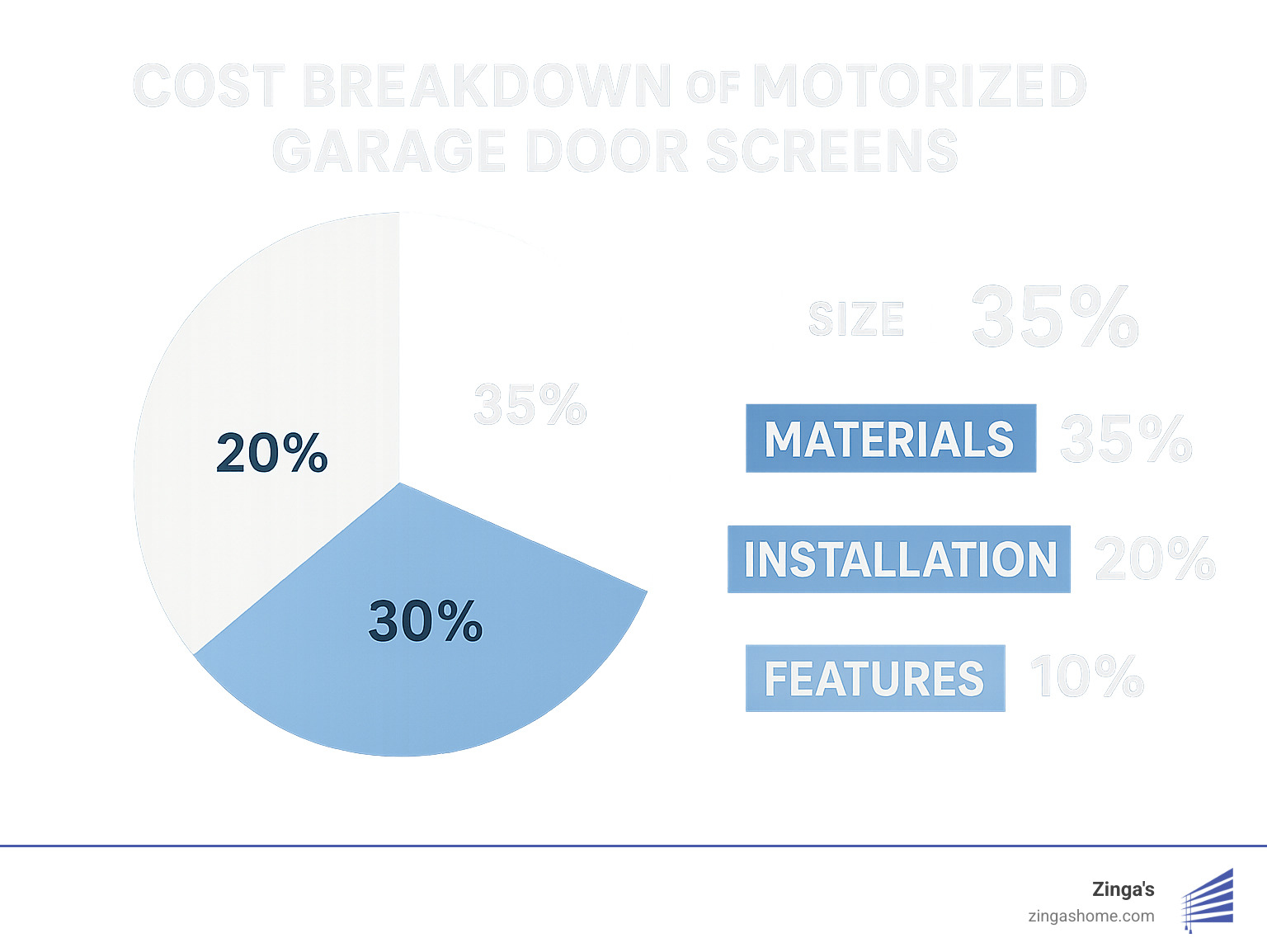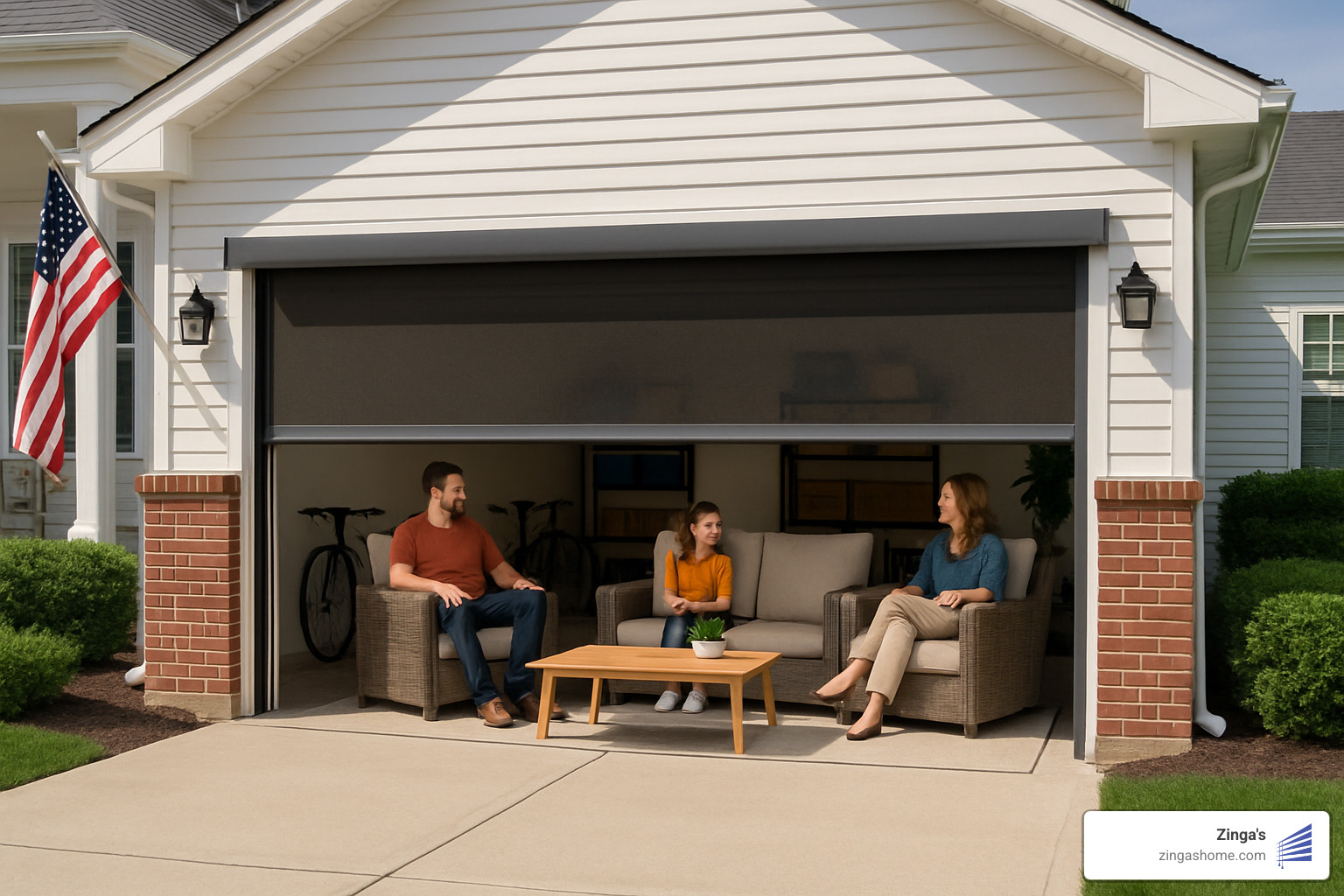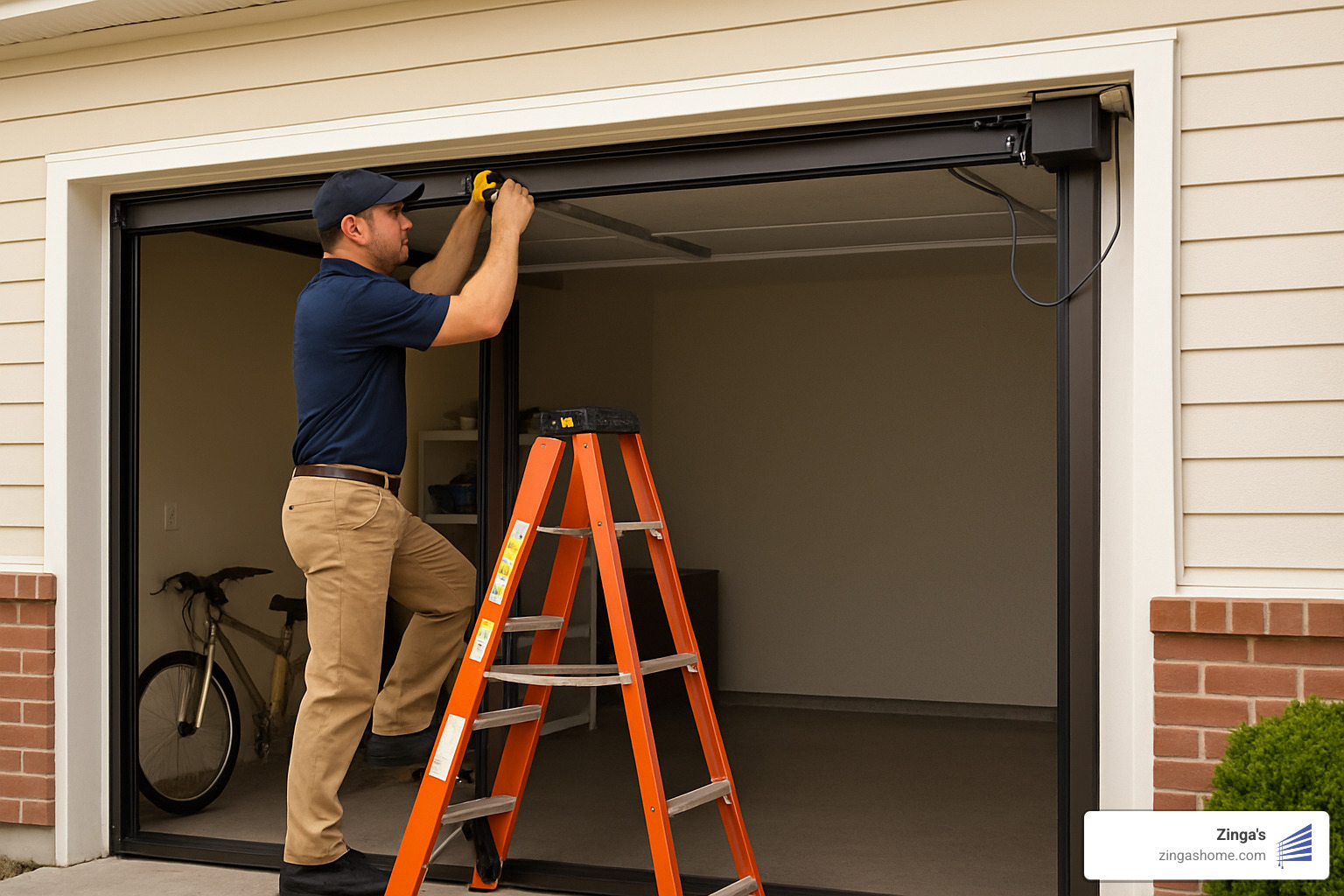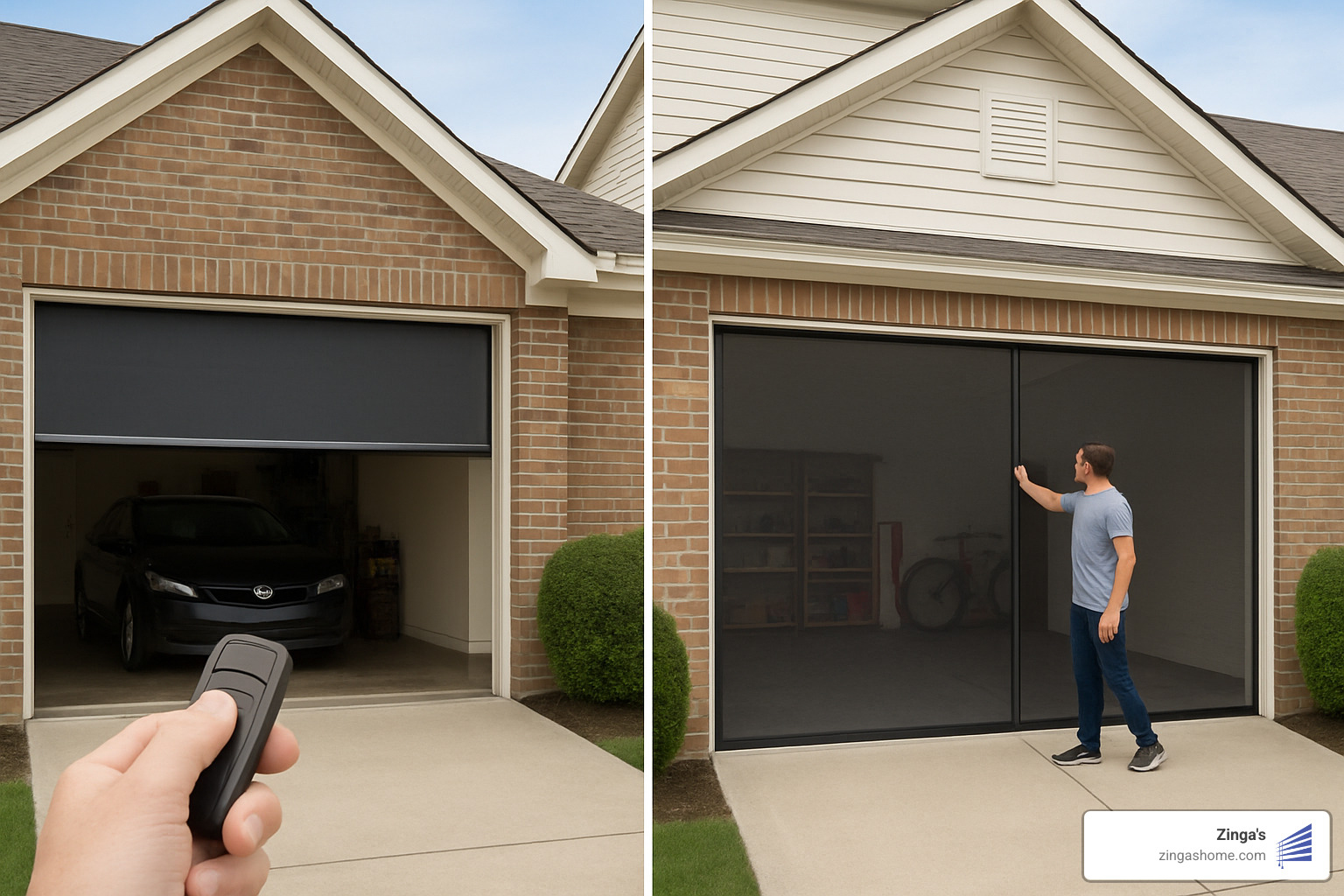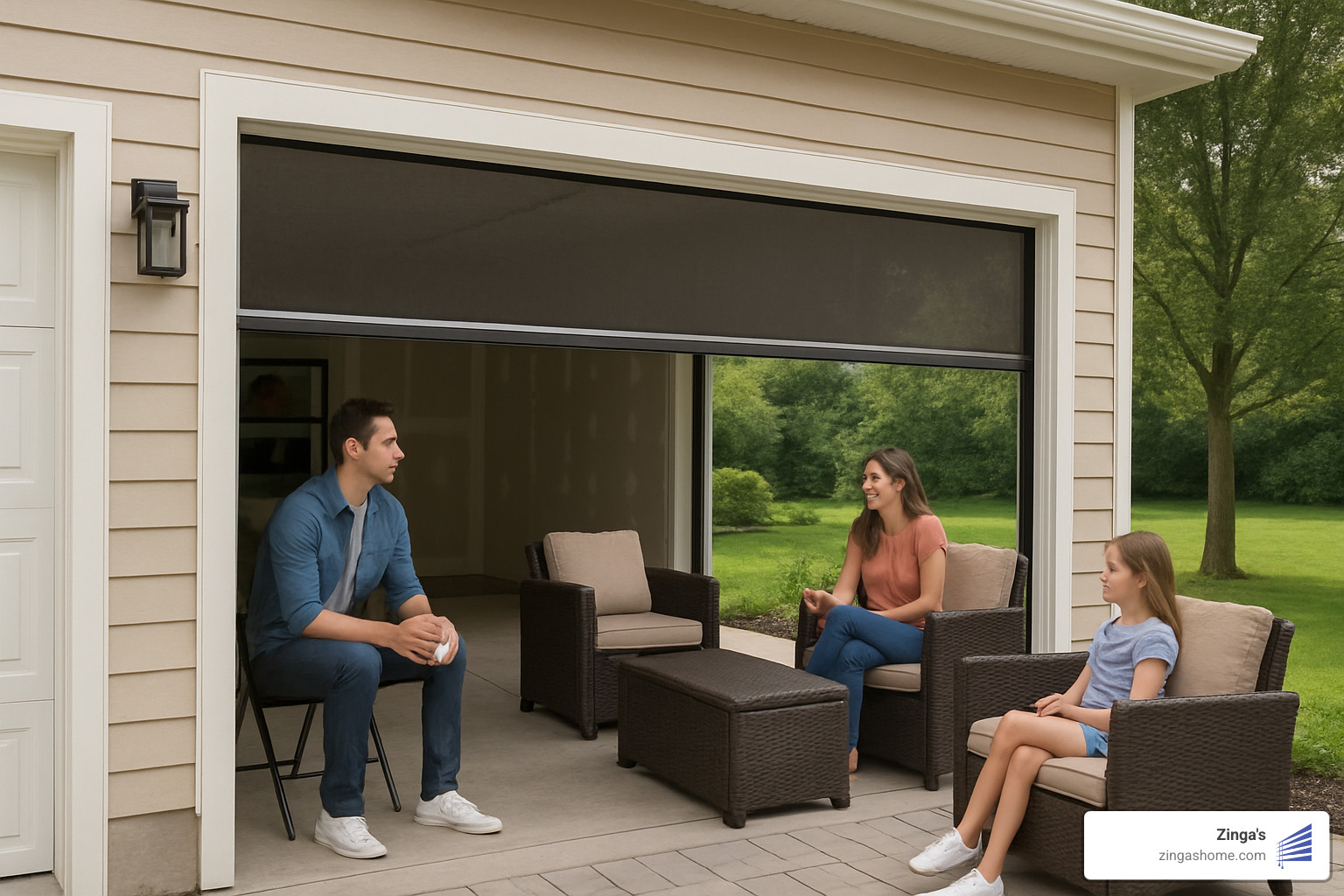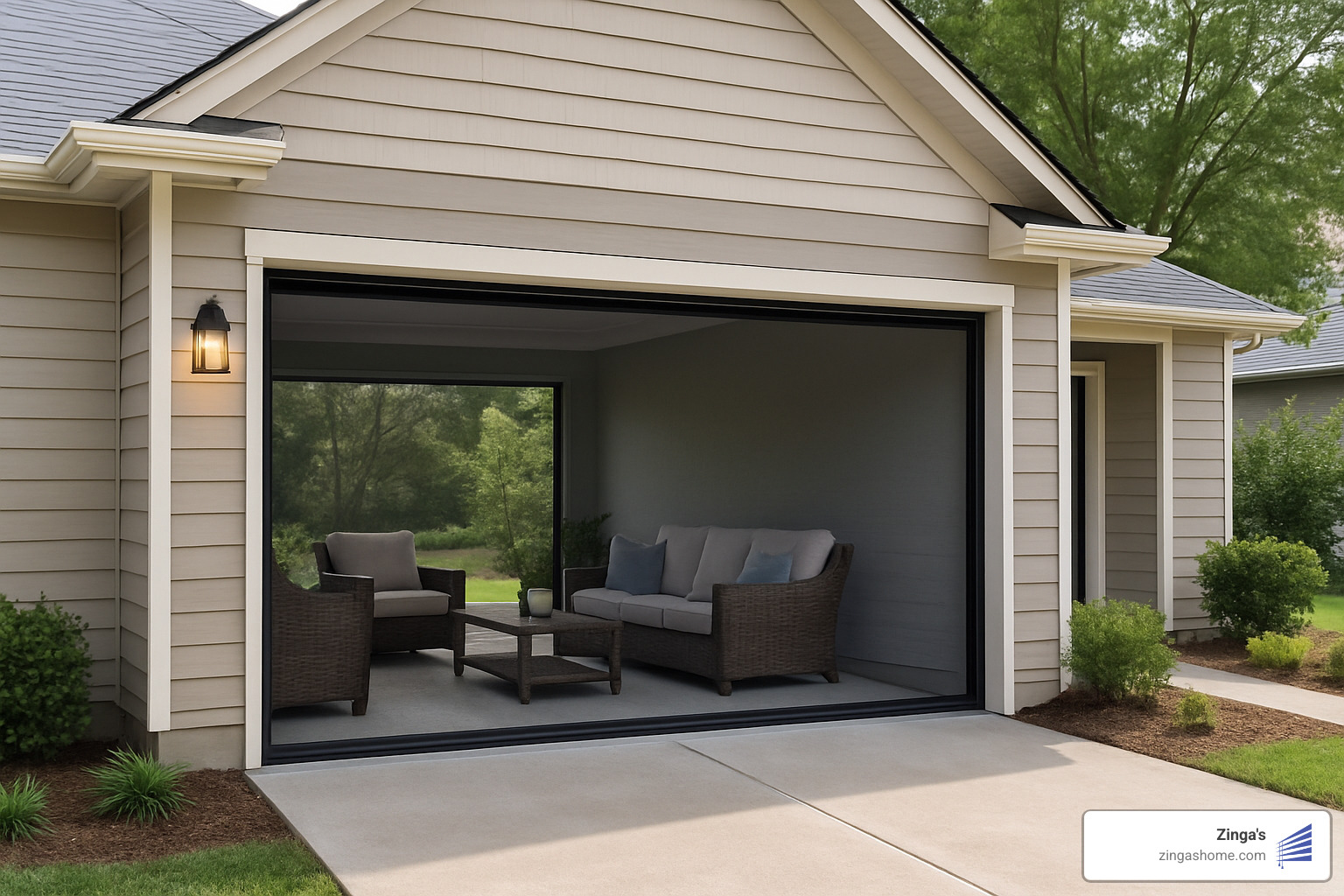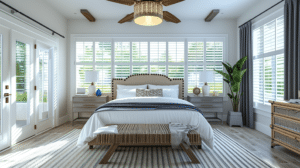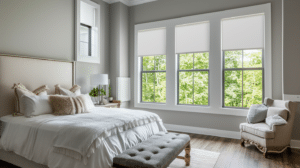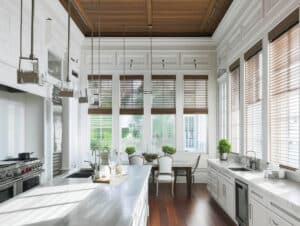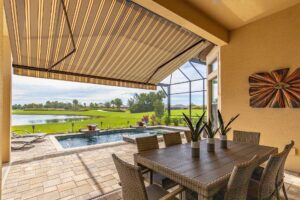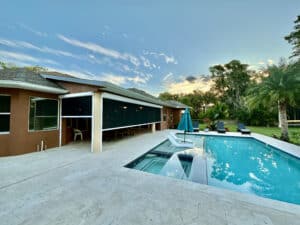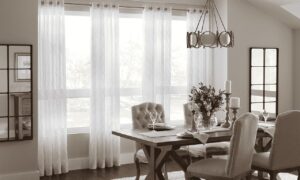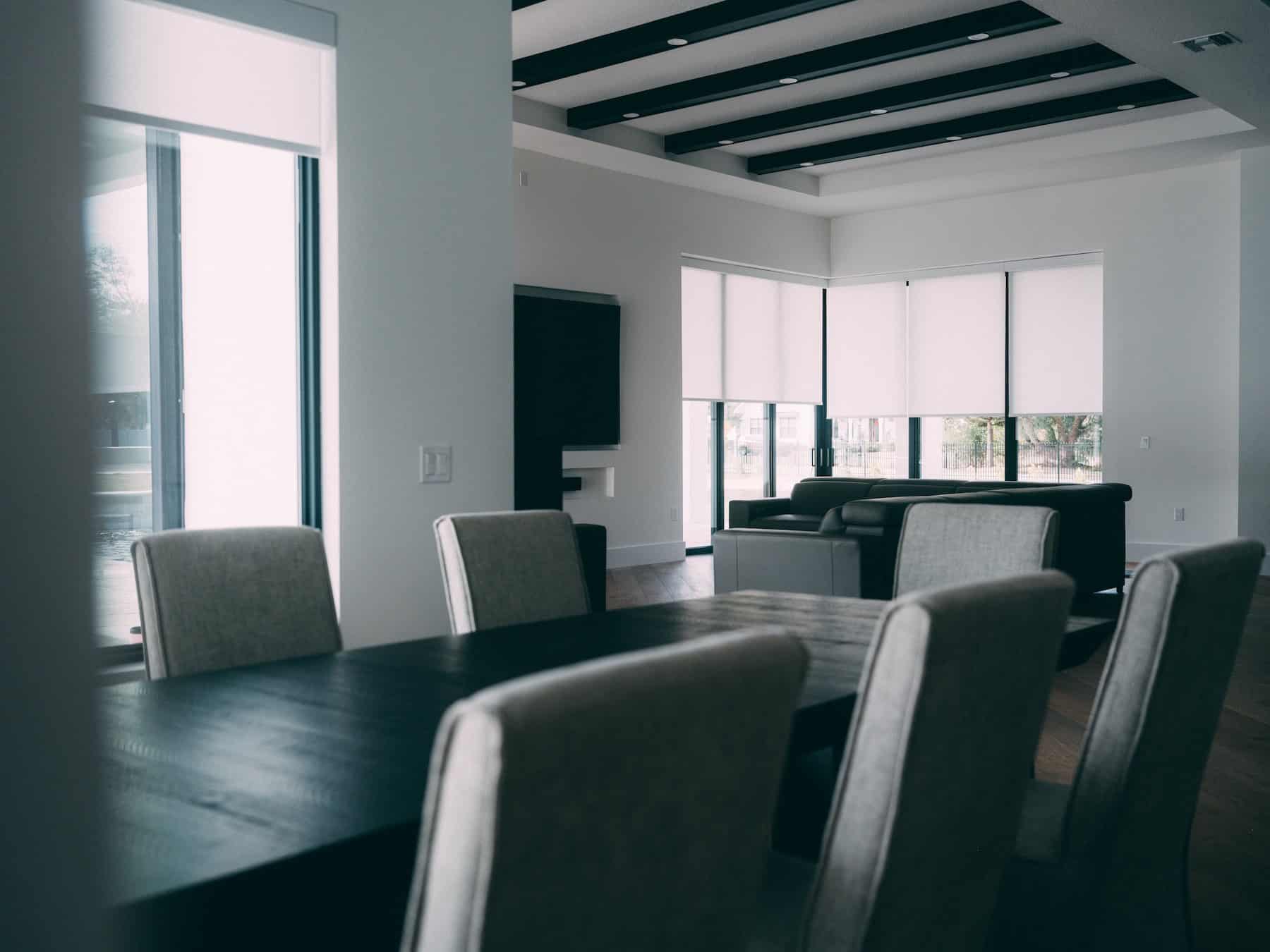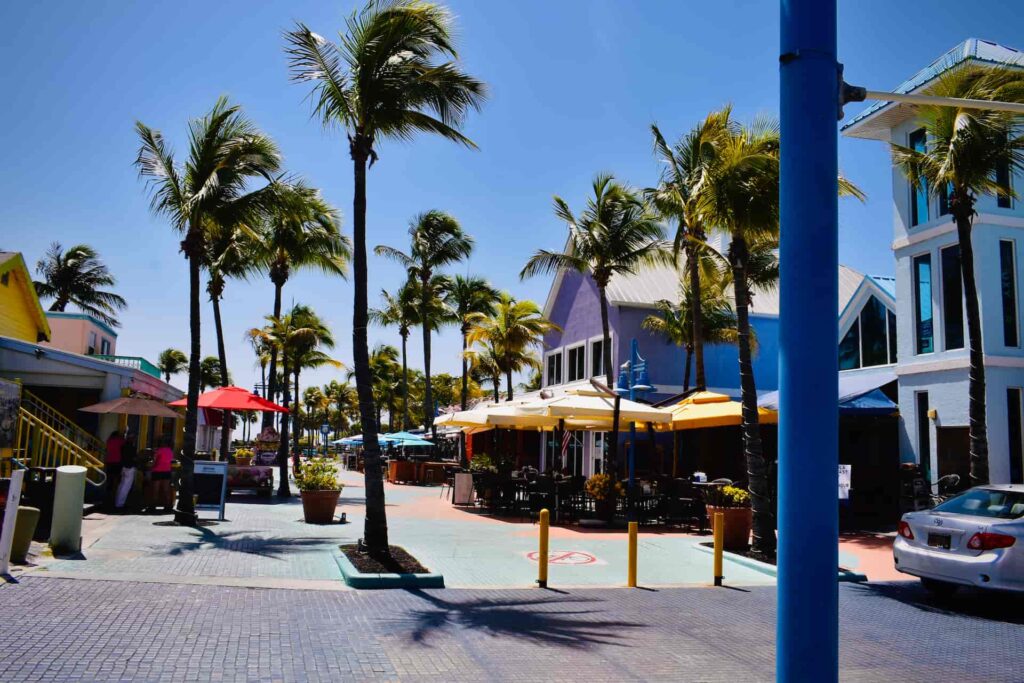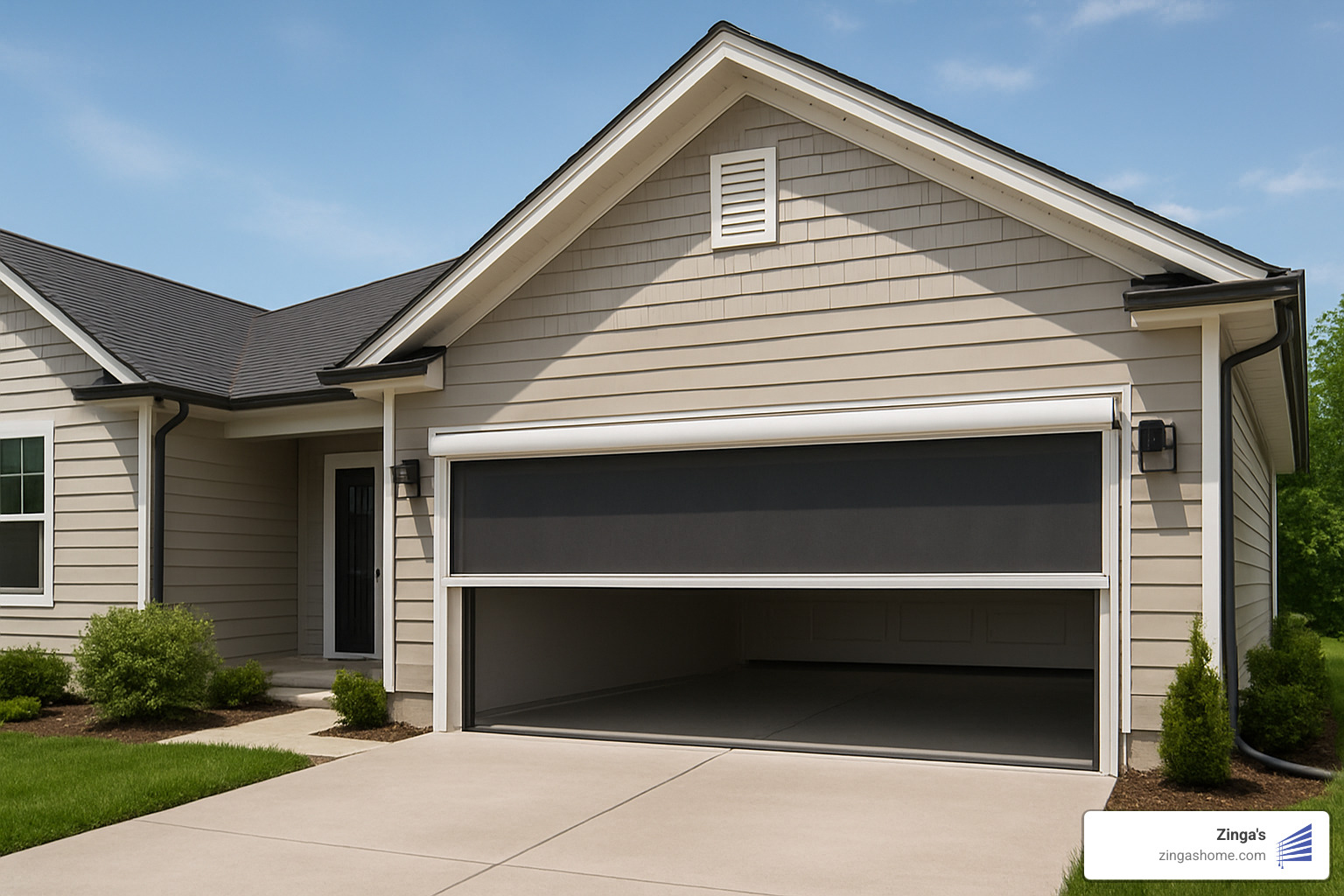
How Much Do Motorized Garage Door Screens Really Cost?
June 5, 2025
Buy 1 Get 1 50% OFF
Everything*
Request Free
In-Home Consultation
The Real Cost of Motorized Garage Door Screens in 2024
The cost of motorized garage door screens typically ranges from $1,500 to $4,000+ fully installed, depending on size and features. Here's a quick breakdown:
| Type | Size | Price Range (Installed) |
|---|---|---|
| Basic Motorized | Single-car garage | $1,500 - $2,800 |
| Standard Motorized | Double-car garage (16' x 7') | $3,000 - $3,500 |
| Premium Motorized | Oversized (up to 25' wide) | $3,500 - $4,000+ |
| Manual Alternative | Single/Double car | $800 - $1,500 |
Changing your garage into a versatile living space has become increasingly popular, and motorized garage door screens offer the perfect blend of functionality and convenience. These retractable mesh systems allow you to instantly convert your garage into a bug-free, shaded area at the push of a button. But before you make this investment, it's important to understand what factors into the cost of motorized garage door screens.
Unlike basic DIY screen kits that start around $50-$200, quality motorized systems represent a significant upgrade in both functionality and price. The investment delivers substantial benefits: protection from insects, reduced heat and glare (up to 65% according to manufacturers), and the ability to create an additional living space without a permanent renovation.
I'm George Huizinga, founder of Zinga's, and I've helped hundreds of homeowners steer the cost of motorized garage door screens while ensuring they receive the best value for their investment in creating functional indoor-outdoor living spaces. My team and I have installed countless motorized screen systems across various garage configurations, giving us insight into what truly affects pricing and long-term satisfaction.
Cost of motorized garage door screens terms explained:
Understanding the Cost of Motorized Garage Door Screens
If you're like most homeowners exploring motorized garage screens for the first time, the price tag might make you pause. But don't worry – understanding what you're actually investing in helps put those numbers in perspective.
A typical motorized retractable screen for a single-car garage starts around $2,800 installed. For standard double-car garages (16' x 7'), expect to begin at about $3,000. While entry-level systems can be found for as low as $1,500, premium installations with all the bells and whistles can exceed $4,000 depending on your specific needs.
So what exactly are you getting for your money? A complete motorized garage screen system isn't just the screen itself – it includes custom-measured panels and framing, the motor and power system, convenient remote control operation, professional installation, and warranty coverage that protects your investment.
Average cost of motorized garage door screens for common sizes
The size of your garage opening significantly influences the cost of motorized garage door screens. Here's what you can realistically expect based on common garage configurations:
For a single-car garage (typically 8-9' wide by 7-8' tall), the base equipment runs $1,800-$2,200, with remote packages adding $150-$300. Standard installation costs between $500-$800, bringing your total investment to around $2,450-$3,300.
When it comes to a standard double-car garage (16' wide by 7' tall), base equipment costs rise to $2,200-$2,600, with the same remote package options. Installation tends to run slightly higher at $650-$900, making the total range approximately $3,000-$3,800.
For those with oversized garages (over 17' wide by 9' tall), you'll need more substantial equipment costing $2,600-$3,200, premium remote packages at $200-$350, and more complex installation running $800-$1,200. These larger systems typically total $3,600-$4,750.
At Zinga's, we believe in complete transparency, which is why our quotes break down each component so you understand exactly where your investment is going. No surprises, just clarity.
Hidden costs that raise the cost of motorized garage door screens
Beyond the core system, several factors might add to your final investment – it's best to know about these upfront:
Electrical requirements can add $150-$300 if you need a new outlet installed near your garage door. Trim carpentry sometimes becomes necessary to ensure a perfect fit, potentially adding $200-$500 to your project.
Don't forget about permit fees in some locations, which can range from $50-$200 for electrical work or structural modifications. Debris removal of old screens or materials might cost an additional $50-$100. And if you live off the beaten path, travel surcharges of $50-$150 might apply.
This is why we at Zinga's conduct thorough on-site assessments before providing quotes. We identify these potential add-ons upfront so you can budget appropriately and avoid those uncomfortable surprises that nobody enjoys. Our goal is to make the entire process as smooth and transparent as possible, from initial consultation to final installation of your beautiful new motorized garage screen.
Price Drivers You Should Know
Understanding what drives the cost of motorized garage door screens helps you make informed decisions about where to invest and where you might save. Let's break down the key factors:
Size, materials & build quality
When it comes to sizing, every inch matters for your budget. A standard double garage door typically measures 16' wide by 7' tall, but custom sizes can stretch up to 25' wide and 9' tall. Each additional foot in width or height doesn't just mean more materials—it also increases the installation complexity and ultimately, the price.
Most quality systems are built with architectural-grade aluminum frames featuring a powder-coat finish. This 2"x2" .050-gauge aluminum strikes the perfect balance between durability and weight. If you're looking at premium systems, they might use heavier gauge materials or special finishes that will bump up your investment.
For the actual screen material, you have several options. Standard fiberglass mesh (18x14 count) is your most budget-friendly choice, providing basic bug protection without breaking the bank. Moving up to vinyl-coated polyester (17x20 count) gives you better durability and visibility at a mid-range price point. If you want the best, privacy/solar mesh blocks up to 65% of heat and UV rays while adding privacy—though this premium option can add $200-$500 to your total cost.
While the upgrade might seem steep, many of our customers at Zinga's find the investment in better mesh pays off through improved comfort, energy savings, and longer screen life.
Feature add-ons that bump the price
Today's motorized screens offer a range of smart features that improve functionality but will increase your overall investment.
Most systems include a basic remote, but upgrading to multi-channel Somfy® remotes lets you control up to 16 screens from one device for an additional $100-$200. Tech-savvy homeowners often opt for smartphone integration ($200-$350) to operate screens via an app from anywhere. For hands-free convenience, sun/wind sensors ($250-$400) automatically lower screens when the sun gets intense and raise them during heavy winds—perfect for Florida's unpredictable weather.
The way your screen operates makes a big difference too. Zip-track systems provide superior wind resistance and smoother operation compared to standard cable guides, though they'll add $200-$300 to your quote. A heavy-duty bottom bar ($100-$150) improves both wind resistance and creates a better seal against the ground. For peace of mind during power outages, a manual override feature ($150-$250) ensures you're never stuck with a screen you can't operate.
On the aesthetic side, choosing custom frame colors beyond the standard white, brown, or sandstone adds $100-$300, while designer mesh patterns or colors range from $150-$400. For a truly polished look, matching trim packages ($200-$500) create a seamless integration with your home's exterior.
At Zinga's, we've found that most homeowners don't need every bell and whistle. We take time to understand how you'll actually use your space before recommending features, ensuring you invest where it matters most for your specific situation.
Labor & installation impact on the cost of motorized garage door screens
Installation typically accounts for 20-30% of the total cost of motorized garage door screens, and it's not an area where you want to cut corners. Professional installation rates vary based on several factors: regional labor rates (typically $50-$100 per hour), installation complexity, electrical work requirements, and any custom mounting challenges.
For perspective, a standard installation on a double garage door usually takes our experienced technicians 3-5 hours to complete. More complex jobs involving custom framing, electrical work, or challenging access points might require a full day or more.
Be cautious of quotes with significantly lower installation costs—this often signals inexperienced installers or corners being cut. Proper installation is absolutely crucial for system longevity, warranty coverage, and safety. We've unfortunately seen too many DIY or discount installations fail prematurely, ultimately costing homeowners more in repairs or replacements.
For more information about pricing considerations, check out discussions from other homeowners about the cost of motorized garage screen doors or visit our detailed guide about Motorized Garage Screens to see the options available.
Installation & Labor: What to Expect
Professional installation for motorized garage door screens typically ranges from $500 to $1,000, depending on complexity. While DIY kits exist, they often lack the precision, reliability, and warranty protection of professional installations.
Professional install vs. DIY kit
When it comes to motorized garage screens, the installation method you choose can significantly impact your long-term satisfaction. Professional installation offers peace of mind through precise measurements and custom fitting that ensures your screen operates smoothly for years to come. Our technicians at Zinga's handle all the electrical connections and safety features with expertise that DIY installations simply can't match.
One crucial consideration many homeowners overlook is warranty validity. Many manufacturers automatically void warranties on DIY installations, leaving you unprotected if issues arise. Professional installers also provide expert calibration of motors and sensors, along with proper integration with existing garage door systems – technical aspects that can be challenging for even experienced DIYers.
The DIY route comes with considerable risks. Improper fitting often leads to gaps that defeat the purpose of your screen, while incorrect wiring can create electrical hazards. We've seen many cases where homeowners damaged their garage structure during self-installation, creating costly repairs on top of needing professional help anyway.
At Zinga's, our installation teams undergo factory training and certification, ensuring your motorized screen is installed correctly the first time. This expertise is particularly valuable for these sophisticated systems, which require precise calibration and electrical knowledge that goes beyond basic handyman skills.
Timeline & prep checklist
Understanding the installation timeline helps set realistic expectations for your project. A typical professional installation follows a straightforward process that begins with an initial consultation and measurement lasting 1-2 hours. After this, expect manufacturing and delivery to take 2-4 weeks, with custom systems potentially requiring additional time.
On installation day itself, our team typically spends 3-8 hours completing the work, depending on complexity. We always finish with a thorough final inspection and training session (30-60 minutes) to ensure you're comfortable operating your new screen system.
Before we arrive for installation, a little preparation goes a long way toward ensuring a smooth experience. We recommend clearing your garage of vehicles and items near the door opening, ensuring electrical outlets are accessible, and removing any decorative elements around the garage door area. Creating clear work paths both inside and outside the garage helps our team work efficiently, and it's always best to keep pets secured away from the work area.
Your garage will be temporarily inaccessible during installation, so plan accordingly. Our team at Zinga's provides a detailed pre-installation guide to ensure everything goes smoothly on installation day, reflecting our commitment to making the entire process as hassle-free as possible.
For more information about what to expect during installation, you can check out this helpful resource: How Much Does It Cost to Install a Garage Door Screen?
Ownership Costs: Maintenance, Lifespan & Warranties
When you invest in a motorized garage door screen, the purchase price is just the beginning of your journey. To truly understand the value you're getting, let's look at what it takes to keep your screen looking and working beautifully for years to come.
Annual upkeep budget
The good news? Quality motorized screens are designed to be relatively low-maintenance. Most homeowners can expect to spend between $50-$100 annually on basic upkeep:
"I tell my customers to think of their screen like their car – a little regular attention goes a long way," says our lead installer at Zinga's. "Simple cleaning and lubrication twice a year can literally add years to your screen's life."
Your basic maintenance toolkit will include gentle cleaning solutions for the mesh ($20-$30), silicone-based lubricant for tracks and moving parts ($10-$15), and perhaps some minor adjustments or cleaning services ($50-$100).
For homeowners who prefer a hands-off approach, professional service plans offer peace of mind. These typically run $100-$200 annually and include comprehensive care: thorough track cleaning, motor inspection, remote battery replacement, mesh examination, and recalibration of all electronic components. At Zinga's, we provide detailed care instructions with every installation and offer these optional service plans for customers who want professional maintenance without the hassle.
The lifespan of your motorized screen system largely depends on how well it's maintained. With proper care, expect 5-15 years of reliable operation from a quality system. The mesh itself typically lasts 5-7 years before it might need replacement (costing $150-$300 depending on size and material), while motors and mechanical components can last 10+ years with proper care.
Environmental factors play a big role too – screens in harsh climates with extreme heat, salt air, or frequent storms may require more attention and have shorter lifespans than those in milder conditions.
What voids your warranty (and protects it)
Your warranty is your safety net, but like any insurance policy, it comes with fine print. Most quality motorized garage door screens include 1-5 year coverage on mechanical parts and motors, with many offering limited lifetime warranties on the frames themselves.
To keep your warranty intact, avoid these common pitfalls that typically void coverage:
Unauthorized DIY repairs might save money initially but can cost you your entire warranty protection. The same goes for modifications that weren't approved by the manufacturer. Using harsh cleaning chemicals can damage components and void coverage, as can neglecting basic maintenance like track cleaning and lubrication.
It's worth noting that most warranties don't cover storm damage – that's typically the domain of your homeowner's insurance. After severe weather, document any damage with photos before making a claim.
Protecting your warranty is straightforward if you follow these simple steps:
Register your product promptly after installation (at Zinga's, we handle this for you automatically). Keep all receipts and documentation in a safe place – digital copies are a smart backup. Follow the manufacturer's maintenance guidelines to the letter, and when service is needed, use only authorized technicians to perform repairs.
"The biggest mistake I see homeowners make is forgetting they have a warranty in the first place," notes our customer service manager. "When something minor happens, they'll try a DIY fix or call a handyman instead of simply using the warranty service they've already paid for."
At Zinga's, we believe warranties should be simple and straightforward. That's why we handle warranty registration for our customers automatically and provide clear, jargon-free documentation of what's covered. We want you to enjoy your motorized garage screen without worrying about the fine print.
The true cost of motorized garage door screens includes not just the purchase price, but the ongoing investment in proper care. With minimal maintenance and attention to warranty requirements, your motorized screen can provide excellent value for many years of indoor-outdoor living.
Motorized vs. Manual vs. DIY Screens
Choosing the right garage door screen involves weighing convenience against your budget. Let me walk you through the options so you can determine which delivers the best value for your specific situation.
When you look at manual sliding screens priced between $800-$1,000, you're getting a straightforward solution that requires a bit of elbow grease to operate. These screens slide along a track without any electrical components – simple but effective. While they cost less upfront, they typically don't offer the size flexibility or durability of motorized versions.
Stepping up to spring-assist manual retractable screens ($1,000-$1,500) gives you an easier operation with helpful tension that makes opening and closing less strenuous. These middle-of-the-road options don't need electricity but still require some physical effort to operate.
At the budget-friendly end, magnetic or DIY screens ($50-$200) offer an extremely affordable entry point. However, what you save in dollars, you often pay for in durability and appearance. These simple solutions typically need frequent replacement and lack the polished look of professional options.
For the ultimate in convenience, motorized retractable screens ($1,500-$4,000+) deliver push-button operation with premium durability. The higher cost of motorized garage door screens brings custom sizing, superior appearance, various mesh options, and potential smart home integration – all backed by professional installation and warranty protection.
Performance & cost trade-offs
When comparing options, consider how each performs in everyday use. Motorized screens offer instant operation with zero physical effort – press a button, and your screen glides into place. Manual options require strength and patience, while DIY solutions can be downright cumbersome.
The appearance difference is striking too. Motorized screens feature professional-grade materials with a clean, integrated look that complements your home. Manual screens have visible tracks and handles that, while functional, lack the seamless appearance of motorized versions. DIY options often look exactly like what they are – temporary solutions.
Looking at long-term value, the higher upfront cost of motorized garage door screens is offset by their impressive 10+ year lifespan with proper maintenance. Manual screens typically last 5-10 years, while DIY screens might need replacement every 1-3 years.
When it comes to home value, motorized screens can actually improve your property's marketability. Manual screens generally have a neutral impact, while DIY solutions might detract from your home's appearance during resale.
When to upgrade to motorization
Despite the higher price tag, motorized screens make perfect sense in several situations. If you plan to use your screen daily or multiple times a day, the convenience quickly justifies the investment. The simple joy of not having to manually wrestle with your screen becomes priceless.
For homeowners with mobility limitations, motorized operation removes physical barriers entirely. Similarly, if you have particularly wide garage doors, the effort required for manual operation increases substantially.
If you've acceptd smart home technology, motorized screens can integrate with your existing systems, allowing seamless control alongside your other home automation features. Plus, advanced models include weather sensors that automatically retract your screen during high winds, protecting your investment.
Here at Zinga's, we've noticed that customers who initially hesitate at the cost of motorized garage door screens almost always appreciate the value after experiencing the convenience firsthand. The difference between struggling with a manual screen and effortlessly controlling your environment with a remote becomes immediately apparent once installed.
When you consider the daily convenience, improved durability, and neat appearance, motorized screens often represent the best long-term value despite their higher initial cost. They transform your garage from a purely functional space into a versatile living area that you'll actually enjoy using.
Frequently Asked Questions About Pricing & Value
How long does a motorized garage screen last?
When you invest in a quality motorized garage door screen, you're looking at a lifespan of 5-15 years with proper care. The aluminum frames and housing are the most durable components, often backed by lifetime warranties that provide real peace of mind. The motors typically serve you well for 5-7 years before potentially needing attention.
The mesh itself varies in longevity depending on what you choose. Premium mesh options can look great and function perfectly for 7-10 years before replacement becomes necessary. Several factors play into how long your entire system will last:
Your usage patterns make a big difference – daily operation will naturally create more wear than occasional use. Local weather conditions matter too, as screens in harsh climates face more stress. Regular cleaning and maintenance can significantly extend your screen's life, while the quality of both the initial installation and the components themselves form the foundation of durability.
At Zinga's, we carefully select components that stand up to your specific local climate conditions. We've seen how matching the right materials to your environment ensures you'll enjoy maximum value from your cost of motorized garage door screens investment.
Do I need a permit or special wiring for installation?
Permit requirements for motorized screens vary depending on where you live. The good news is that in most areas, standard installations don't require special permits since they typically:
- Use existing electrical outlets
- Don't modify structural elements
- Don't interfere with emergency exits
However, if your installation needs new electrical circuits or involves structural changes to your garage opening, you might need permits ranging from $50-$200. Your local building department can provide specific guidance for your area.
For electrical needs, most motorized screens are pretty straightforward. You'll need a standard 110V grounded outlet within about 6 feet of where the motor will be mounted. If your garage doesn't have a convenient outlet, an electrician may need to install one. For outdoor installations, weather protection for the electrical components is essential.
When you work with our team at Zinga's, we handle all these details. We'll assess your specific situation during our consultation, identify any permit requirements, and ensure all electrical work meets local codes. This takes the guesswork and worry off your plate.
Can I retrofit my existing manual screen with a motor later?
I wish I could tell you retrofitting is easy, but the truth is that most manual garage door screens aren't designed to be upgraded with motors later on. There are several practical reasons for this:
The track systems for manual and motorized screens are fundamentally different – manual tracks typically can't handle the operational patterns of motorized systems. The frames on manual screens aren't engineered to support the additional weight and stress that motors place on them. And motorized systems require integrated safety features and electrical components that manual frames simply don't accommodate.
If you're thinking about starting with a manual system but might want motorization in the future, it's generally more cost-effective to invest in the motorized system upfront. The cost of motorized garage door screens might seem higher initially, but it typically works out better than replacing an entire manual system later.
Some manufacturers do offer "motor-ready" manual systems designed specifically for future upgrades. If this interests you, our design consultants at Zinga's can assess your current setup and provide honest guidance about whether retrofit possibilities exist for your specific situation or if replacement would be the better option.
Conclusion & Next Steps
The cost of motorized garage door screens represents a significant investment in your home's functionality and comfort. While prices ranging from $1,500 to $4,000+ may initially seem substantial, understanding the value proposition helps put this investment in perspective:
- Instantly transform your garage into a versatile, bug-free living space
- Improve your home's usable square footage without major construction
- Improve energy efficiency by reducing heat gain while maintaining ventilation
- Add a distinctive feature that can increase home marketability and value
- Enjoy push-button convenience that encourages more frequent use
When evaluating quotes and options, the lowest price rarely delivers the best long-term value. Quality materials, professional installation, and reliable warranty coverage typically justify a somewhat higher initial investment by reducing long-term costs and headaches.
At Zinga's, we believe in transparent pricing and honest guidance. We'll help you understand exactly what drives the cost of motorized garage door screens for your specific situation and work within your budget to find the best possible solution. Our commitment to servanthood means we prioritize your needs above all else, ensuring you receive maximum value from your investment.
Ready to explore how a motorized garage door screen can transform your space? Here are your next steps:
- Schedule a free, no-obligation consultation with one of our design experts
- Receive a detailed, itemized quote specific to your garage configuration
- Explore material samples and operation demonstrations at our showroom
- Review financing options if desired
- Schedule your professional installation at a convenient time
Transform your garage into the versatile living space you've always wanted with a motorized screen solution custom to your needs and budget. Contact us today to learn more about our garage screen solutions.
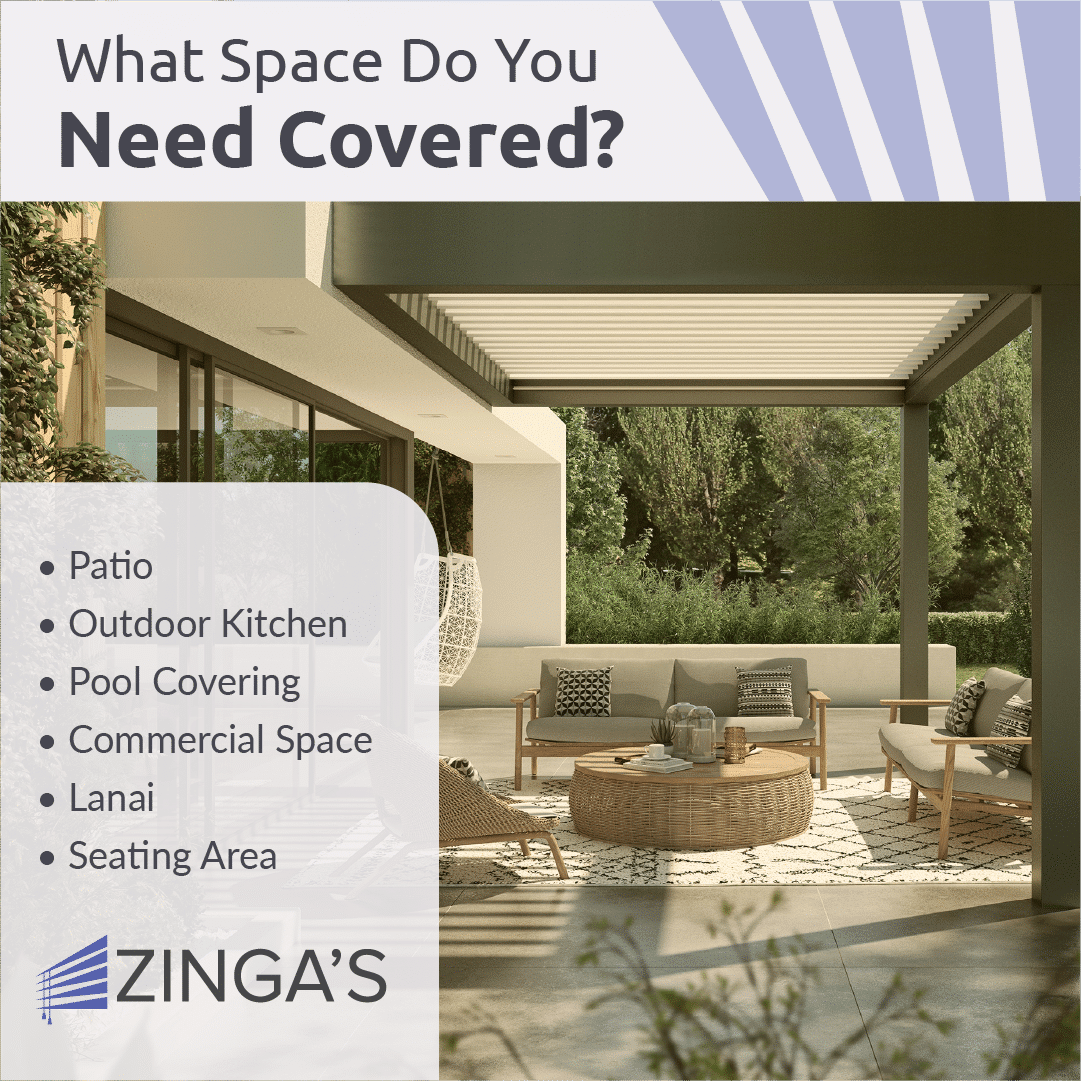

Recent Posts
Screen Dreams Are Made of These Custom Screen Rooms
Garage Screen DIY Made Easy: Motorize Your Space
Window Dressing Made Easy with Decorative Roller Shades
Categories
Download our Motorized Pergola Guide
Looking for inspiration? Download our free feature packed pdf and see what all options you can get in your pergola.
Table of Contents
- The Real Cost Of Motorized Garage Door Screens In 2024
- Understanding The Cost Of Motorized Garage Door Screens
- Average Cost Of Motorized Garage Door Screens For Common Sizes
- Hidden Costs That Raise The Cost Of Motorized Garage Door Screens
- Price Drivers You Should Know
- Size, Materials & Build Quality
- Feature Add-ons That Bump The Price
- Labor & Installation Impact On The Cost Of Motorized Garage Door Screens
- Installation & Labor: What To Expect
- Professional Install Vs. Diy Kit
- Timeline & Prep Checklist
- Ownership Costs: Maintenance, Lifespan & Warranties
- Annual Upkeep Budget
- What Voids Your Warranty (and Protects It)
- Motorized Vs. Manual Vs. Diy Screens
- Performance & Cost Trade-offs
- When To Upgrade To Motorization
- Frequently Asked Questions About Pricing & Value
- How Long Does A Motorized Garage Screen Last?
- Do I Need A Permit Or Special Wiring For Installation?
- Can I Retrofit My Existing Manual Screen With A Motor Later?
- Conclusion & Next Steps
What Products Are You Interested In?
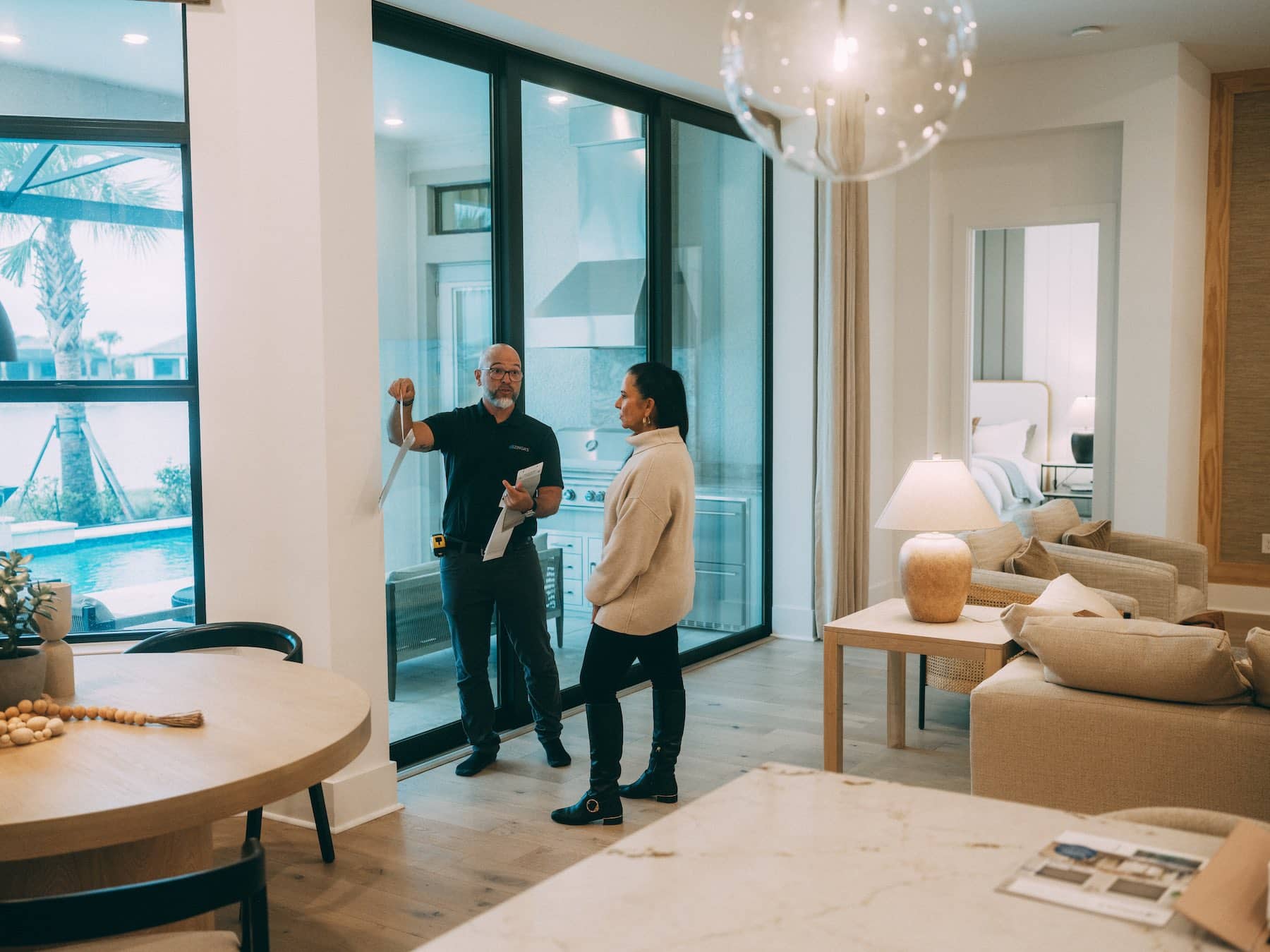
Zinga's Custom Window Coverings
STEP 1: Complimentary In-Home Consultation
We bring sample products & fabrics directly to your home so you can see and feel the products in your home.
STEP 2: Precise Measuring & No Pressure Quote
We take precise measurements of all your windows and provide you a no pressure quote at the time of your consultation.
STEP 3: Hassle Free Installation
Installation completed by Zinga's employee who are experts in their craft. Free yourself of the stress of installing.
Building a Home?
Building a home can be stressful enough, let us take the burden of window treatments off your hands. We will meet with you after your drywall is complete and can install as soon as you move in!

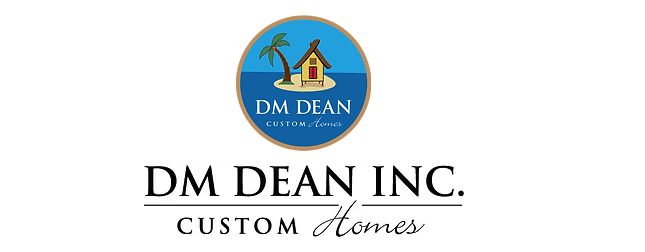


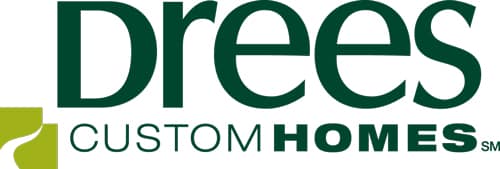


Who Is Zinga’s?
Zinga’s has been offering window treatments for 25 years and has grown 25% year over year! How did we do that? Simple, we’ve put our customer first. We genuinely love our customers and giving them great service. We want to wow our customers and when you wow your customers they give great referrals. See our over 2000+ reviews, our customers speak for themselves!
Learn More About Zinga's